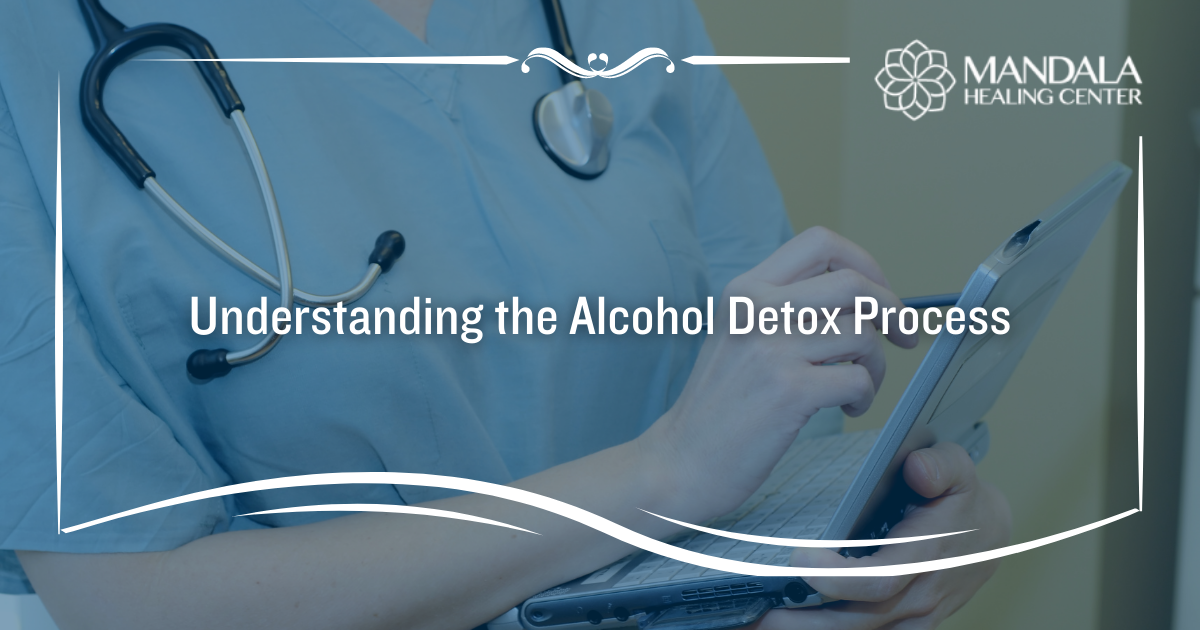Hospital alcohol detox is a medically supervised process that helps individuals safely withdraw from alcohol dependence in a controlled hospital setting. This treatment is necessary for individuals who have developed a physical and psychological dependence on alcohol and need professional care to manage withdrawal symptoms.
Key Aspects of Hospital Alcohol Detox
- Medical Supervision: Alcohol detoxification in a hospital is overseen by healthcare professionals, including doctors, nurses, and addiction specialists. This ensures that the process is safe and that any severe withdrawal symptoms or complications can be promptly addressed.
- Withdrawal Management: When someone with alcohol dependence stops drinking, they may experience withdrawal symptoms, ranging from mild to life-threatening. These symptoms can include anxiety, tremors, sweating, nausea, seizures, and hallucinations. In a hospital detox setting, medications may be used to alleviate these symptoms and prevent complications such as delirium tremens (DTs), which can be fatal.
- Medications: Hospital alcohol detox often involves the use of medications such as benzodiazepines (e.g., lorazepam) to reduce the severity of withdrawal symptoms. Other medications may be prescribed to manage specific symptoms, support mental health, or prevent complications during the detox process.
- Monitoring and Safety: Detoxification from alcohol can be risky, especially for individuals with a history of heavy drinking. In a hospital setting, patients are constantly monitored for vital signs, hydration, and any potential complications. This ensures their safety throughout the withdrawal process.
- Duration: The duration of alcohol detox in a hospital can vary depending on the severity of the addiction, the patient’s health, and the severity of withdrawal symptoms. Detox can typically last anywhere from a few days to a week, but the length of stay will be determined on a case-by-case basis.
- Supportive Care: Hospitals often provide additional support during detox, including counseling, therapy, and emotional support to help the patient cope with the psychological aspects of alcohol withdrawal.
Advertisement
Why Hospital Detox is Important
- Severe Withdrawal Symptoms: For heavy drinkers, alcohol withdrawal can be severe and even life-threatening. A hospital detox provides the necessary medical oversight to manage and mitigate these risks.
- Co-occurring Health Conditions: Many individuals with alcohol dependence also have other medical conditions, such as liver damage, heart disease, or mental health disorders. Hospital detox can address these issues alongside alcohol withdrawal.
- Support and Recovery: Detox in a hospital setting often serves as the first step in a comprehensive treatment plan. After detox, patients can transition into addiction treatment programs such as inpatient rehabilitation or outpatient therapy to continue their recovery journey.
After Detox
Once the detox process is complete, the individual is typically transitioned into a longer-term rehabilitation program. This might involve:
- Inpatient Rehabilitation: A structured treatment program where patients stay at a facility for extended care, receiving therapy, counseling, and support.
- Outpatient Programs: Less intensive treatment programs that allow individuals to live at home while attending counseling or therapy sessions at a treatment center.
- Support Groups: Continued involvement in support groups like Alcoholics Anonymous (AA) to help individuals stay sober after detox.
Advertisement
Benefits of Hospital Alcohol Detox
- Safety: Detox under medical supervision ensures that any serious withdrawal symptoms or health risks are managed promptly.
- Comprehensive Care: Hospital detox addresses not only alcohol withdrawal but also any co-occurring medical or mental health issues.
- Structured Environment: The hospital setting offers a controlled and structured environment, which can help individuals focus on their recovery without external distractions or triggers.
Considerations
- Cost: Hospital detox can be more expensive than outpatient options, as it involves 24/7 medical care.
- Psychological Support: While the primary focus of hospital detox is physical safety, it’s essential to have adequate psychological and emotional support for long-term recovery.
Hospital alcohol detox is a vital step for many individuals struggling with alcohol dependence, offering a safe and medically supervised environment to begin their recovery journey.
Advertisement





